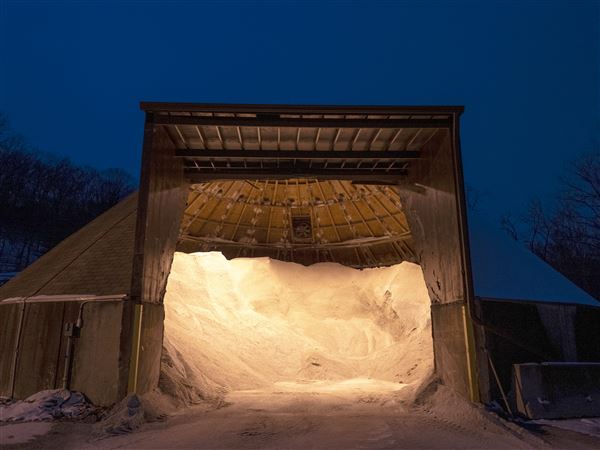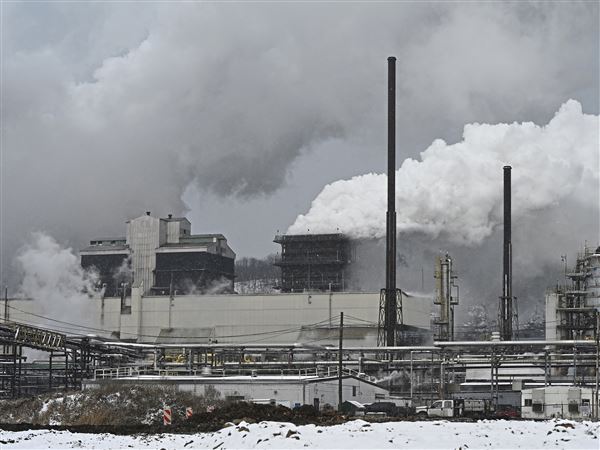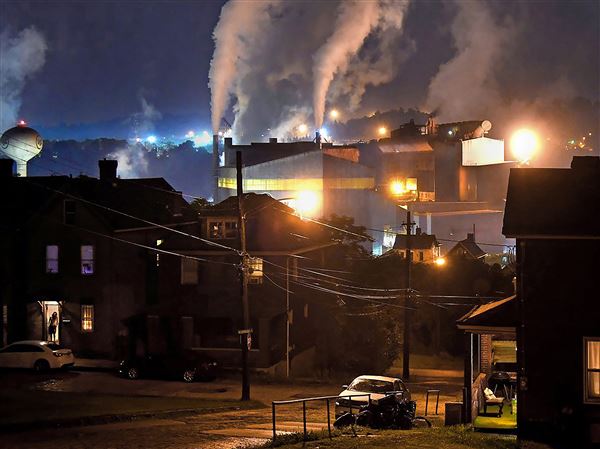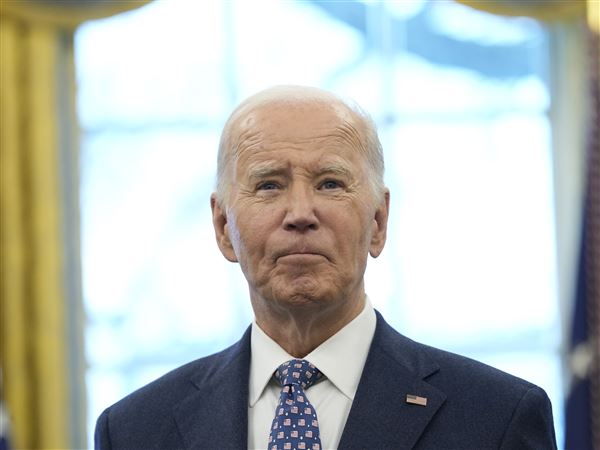Many in the corporate world groan when they hear about new environmental regulations. There are instances, however, when strong environmental policies expand opportunities for economic development and actually attract new business. The Pennsylvania Clean Vehicles Program is one such policy.
Few observers outside the business community realize the detrimental impact poor air quality can have on economic development. Forget about the lost work days caused by asthma attacks and other health problems linked to air pollution. The real damage is caused by federal laws that limit development in areas of the country that fail to meet basic air quality standards.
Thirty-seven counties throughout Pennsylvania are designated by the U.S. Environmental Protection Agency as being "out-of-attainment" of federal air quality standards for smog pollution. As a result, companies that want to locate or expand in those counties are required to purchase pollution offsets before they can receive the necessary environmental permits. In some cases, they are required to purchase offsets greater than the pollution they would emit.
These offset requirements are not required in most parts of the country -- just those areas with dirty air. They add to the costs of doing business and act as a very real disincentive to new economic development in polluted areas. In Indiana, for example, Gov. Mitch Daniels has complained that offset requirements in the polluted northwestern portion of his state impose "restraints that are costing us jobs." In California's San Joaquin Valley, an interagency task force similarly has concluded that "poor air quality is a major obstacle to the region's economic development."
Regions of Pennsylvania that otherwise would be well-suited for economic growth -- including Allegheny County, the Lehigh Valley and the entire southeast -- are put at a competitive disadvantage by their "nonattainment" status when compared with locations across the country that have cleaner air. The simplest way to correct this imbalance is to clean up Pennsylvania's air as quickly as possible.
Passenger vehicles are responsible for approximately a third of all smog-forming emissions. The Pennsylvania Clean Vehicles Program would greatly reduce smog pollution throughout the state at virtually no cost to business or consumers. The strong tailpipe emission standards for passenger vehicles might add some money to the sticker price of a new vehicle, but motorists would save money over the life of their vehicles thanks to improved fuel economy. If gas prices continue creeping upward, the potential for consumer savings from the program is significant.
It is hard to imagine another large-scale smog reduction program that comes at no cost to business -- and yet some legislators have come out in knee-jerk opposition to it. Bills that seek to either block implementation of the Clean Vehicles Program or render it ineffective are being considered by the Pennsylvania House.
If the Pennsylvania Legislature prevents the Clean Vehicles Program from moving forward, the economy may be hurt in other ways as well. The Clean Vehicles Program is included in the state's court-approved plan for eventually meeting air quality standards for smog. The "stick" that forces the state to follow through on that plan is the possible loss of highway funds.
The chance that Pennsylvania will bungle things badly enough to actually lose its highway funds are slim. If the state chooses to scale back emission reductions from cars and trucks, it is much more likely that it will simply be forced to target another sector of the economy for pollution reductions. When looking beyond passenger vehicles, there are two other obvious sources of smog-forming pollution: large coal-fired power plants and small businesses, including auto body shops, nail salons and dry cleaners.
It makes little sense for the commonwealth to target electric companies or small businesses for costly additional pollution reductions when emissions from passenger vehicles can be reduced at a cost savings to consumers. Policymakers and opinion leaders should embrace the Clean Vehicles Program as a win for air quality and the economy.
First Published: May 23, 2006, 4:00 a.m.














